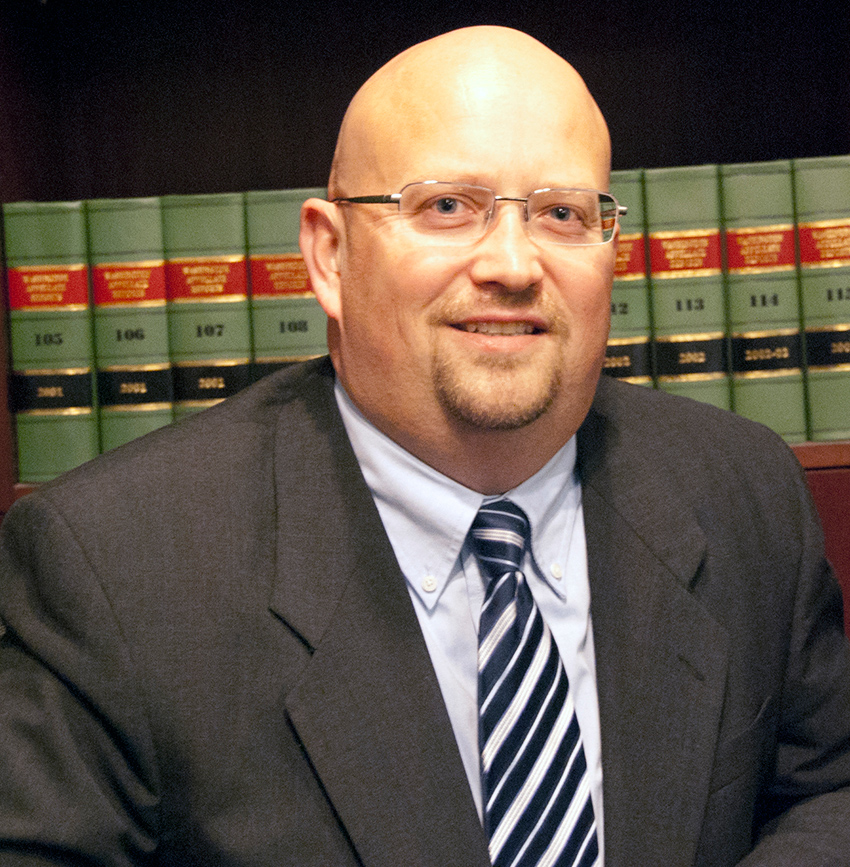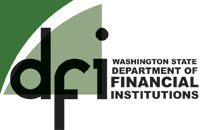
Fall 2018 Newsletter
Message from Charlie Clark

At DFI, we are always striving to be more efficient. We often review our processes and activities for efficiency and effectiveness. Our goal is to be continuously improving. I’ll give you a few examples.
This year, our licensing unit wanted to relieve some of the crunch that inevitably occurs during end of year license renewals. In the past, we would compile certain license record amendments, saving them up for the end of the year to review. This seemed like a good way to keep these small tasks from interfering with daily workflow. However, by letting them pile up, they then became an end of year big task while we were inundated with the renewal work. To improve this process, we are now handling these license record amendments as part of our daily workflow. By more frequently completing these small tasks, we are entering the license renewal season with fewer competing tasks. This will result in quicker renewals for you. We want license renewals to be quick and easy!
Another project we have been working on has been leading a multi-state project for licensing money transmitters and currency exchangers. This is a large project involving other states. It grew out of our desire to expedite the multi-state licensing process, which seemed to have a lot of redundancy. We have grown the project quite a bit over the past year and hope that it will continue to be adopted by more states. We have seen some early signs that it can provide a more efficient licensing application process for industry. Stay tuned for more information on this project in the near future.
Rulemaking is another way to create efficiencies for industry and for us. When we become aware of an industry practice that has changed, or where a consumer protection issue comes to light, we use rulemaking as an interactive tool for industry to assist us in making changes. We do our best rulemaking work when we have strong industry support and input. For an example, the Mortgage Broker Forum, a mortgage broker industry group, came to us to tell us how a current rule was hampering industry practice. The group demonstrated to us that accommodating the industry practice would not harm consumers. Because of learning about this issue, we are now working with the industry group to develop changes to the rules to accommodate the practice.
Finally, we plan on a rulemaking next year in the mortgage programs, CLA and MBPA, to make implementation of a federal law easier. See the article in this newsletter about changes to the Federal SAFE Act, the federal legislation requiring the licensing or registration of mortgage loan originators. By conducting a rulemaking and getting rules in place for the temporary authority, all parties will know what to do to make the transitions easier. We look forward to your input during the rulemaking. As always, getting your comments during our rulemaking is a critical part of developing good regulations that make sense.

 We Want Newsletter Feedback:
We Want Newsletter Feedback: